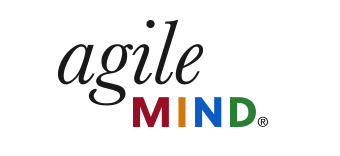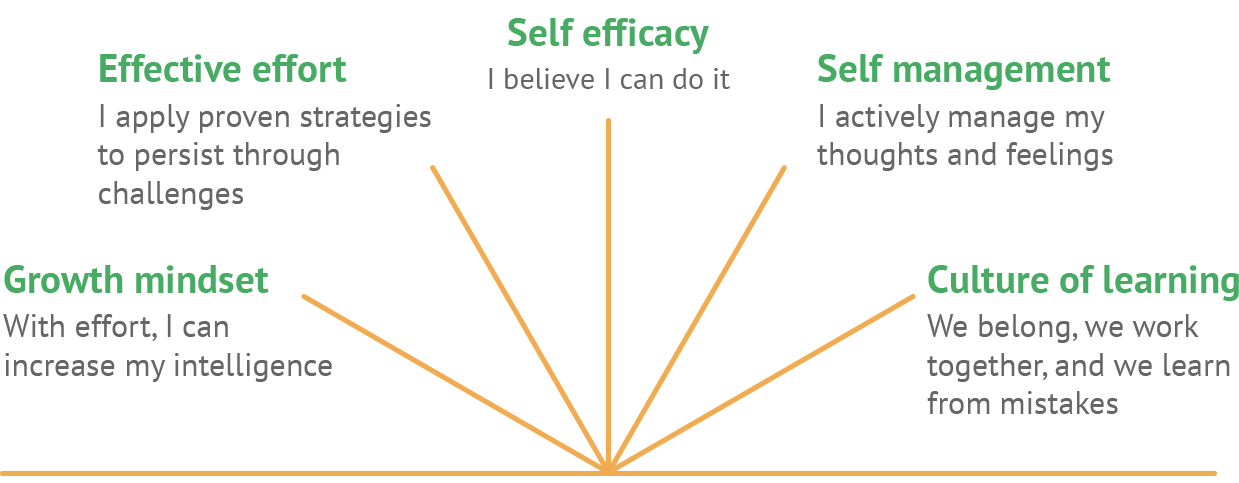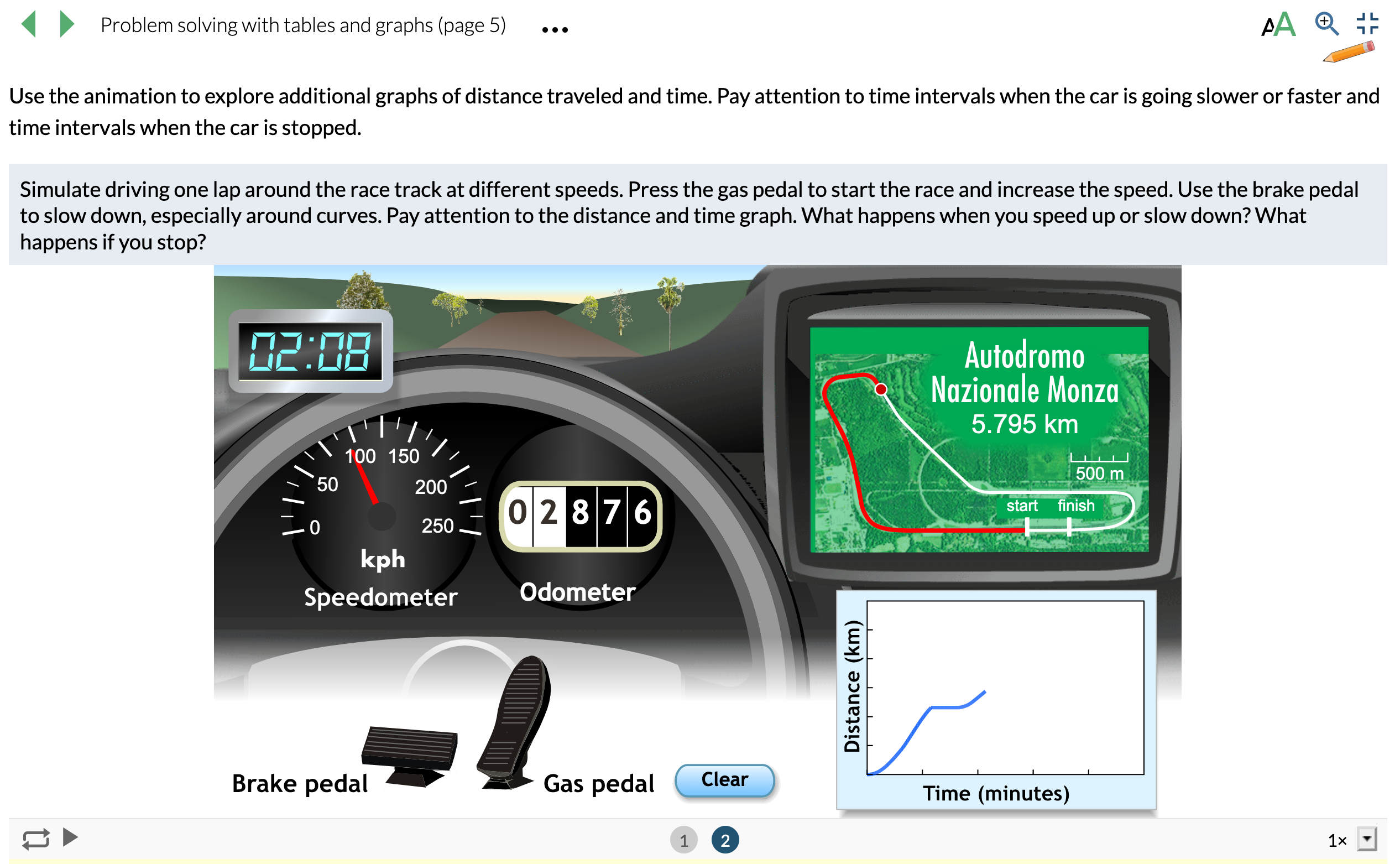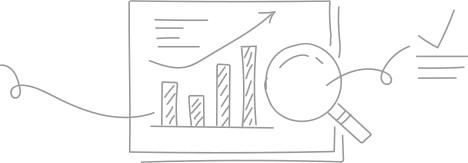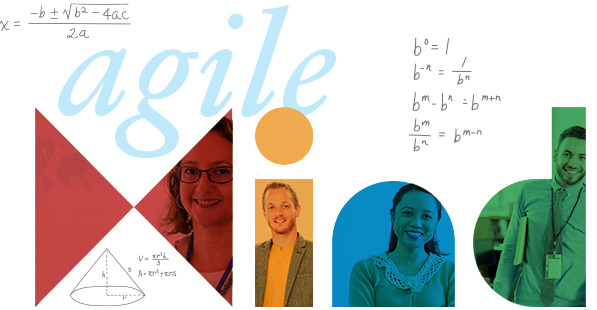When students believe in their ability to learn and are equipped with effective problem-solving strategies, they work harder, persist longer, and achieve at higher levels.
When educators believe in students’ ability to learn, they engage their students in more rigorous tasks and create classrooms where all feel they belong, and all are challenged and supported.
Experience the Power
Summer- & School-Start
AYD summer- and school-start programs help students develop the habits of mind and actions associated with success in school and the workplace, and have daily opportunities to apply new learning to challenging problems in mathematics. Programs are available for upper elementary, middle school, and rising Algebra I students.
School-Year
School-Year AYD works during advisory, homeroom, and after-school programs for students in grades 8-10. It helps them explicitly connect these new skills for learning to their areas of struggle in school and to problem-solving in math and science.
Educator’s Course
Educator Academic Youth Development is a professional development experience that empowers faculty teams, site and district leaders, counselors, and other staff with knowledge and meaningful and manageable practices that support learning for all students.
Academic Youth Development (AYD)
AYD develops students’ learning mindsets and skills and connects them to challenges in school. More students succeed in school, career, and life when they learn skills that support their social and emotional development and then explicitly connect those skills to their academic learning.
This suite of programs translates the latest research on student mindset, motivation, learning, and persistence into practical classroom strategies and tools that can be enacted every day, in every classroom, to produce a lasting impact on every student.
Hover over a program to learn more.
Integrated with challenging mathematics
Academic Youth Development connects students’ learning with foundational mathematics content. Students apply new skills to real-world problem-solving in areas of mathematics that are essential to their grade-level achievement. They learn and refine proven strategies for mathematics success, and collaborate with peers to analyze and understand problem situations, develop conjectures, and describe their thinking.
